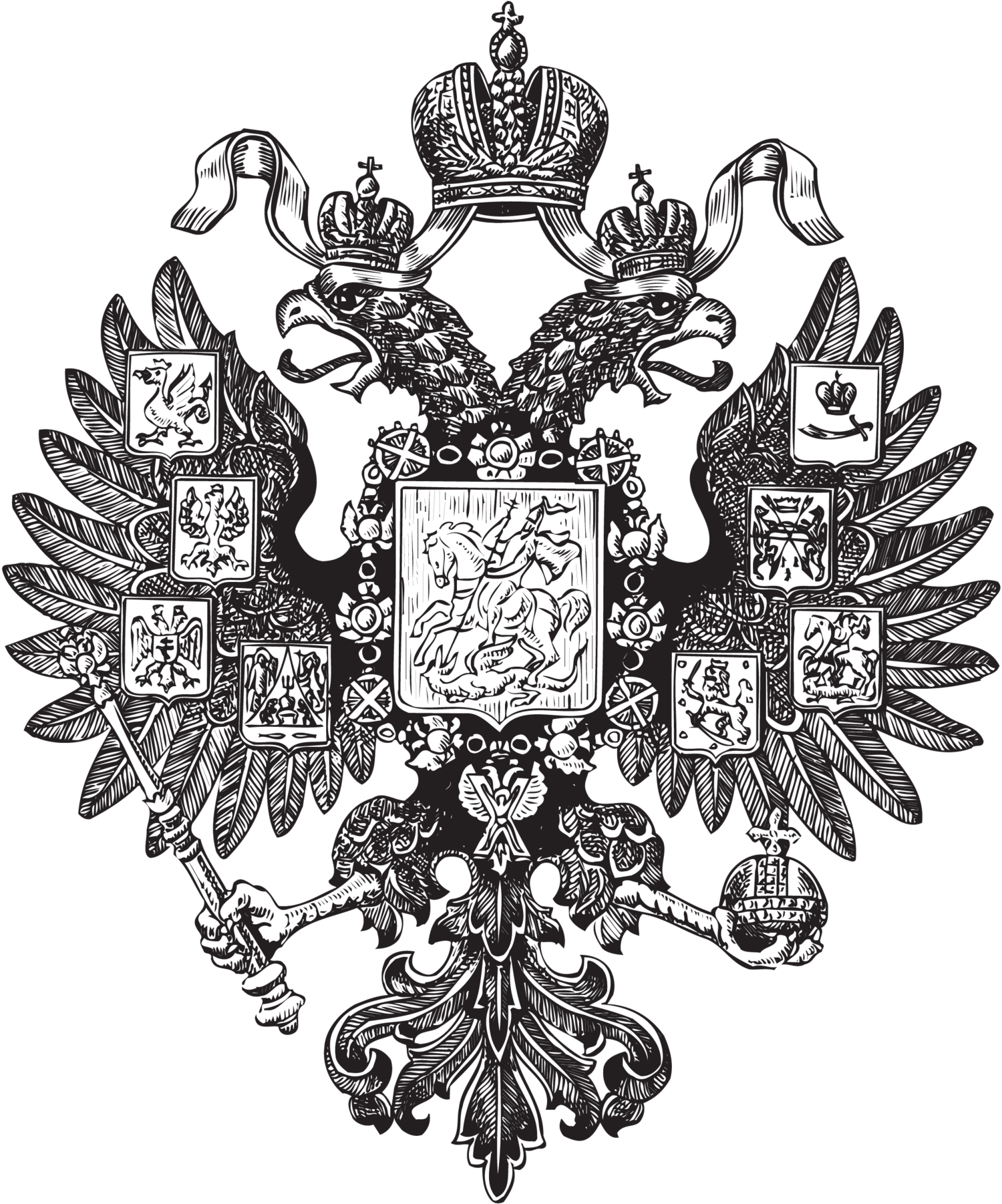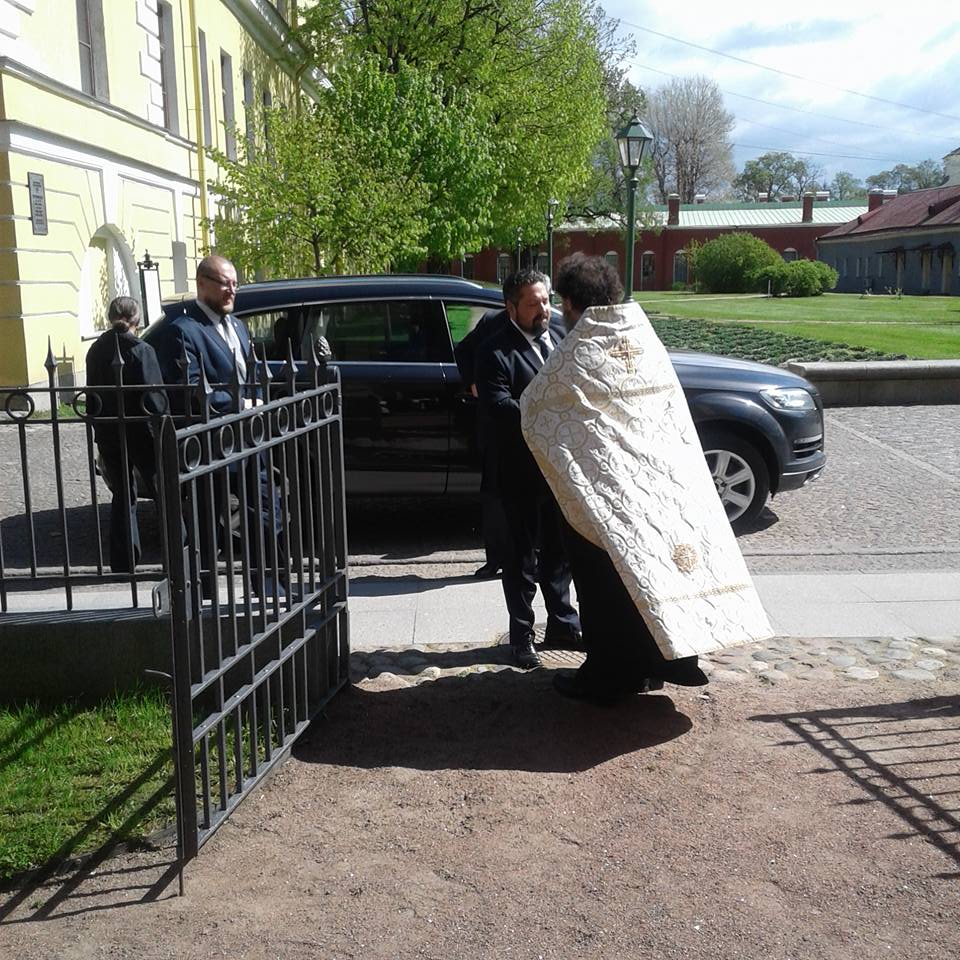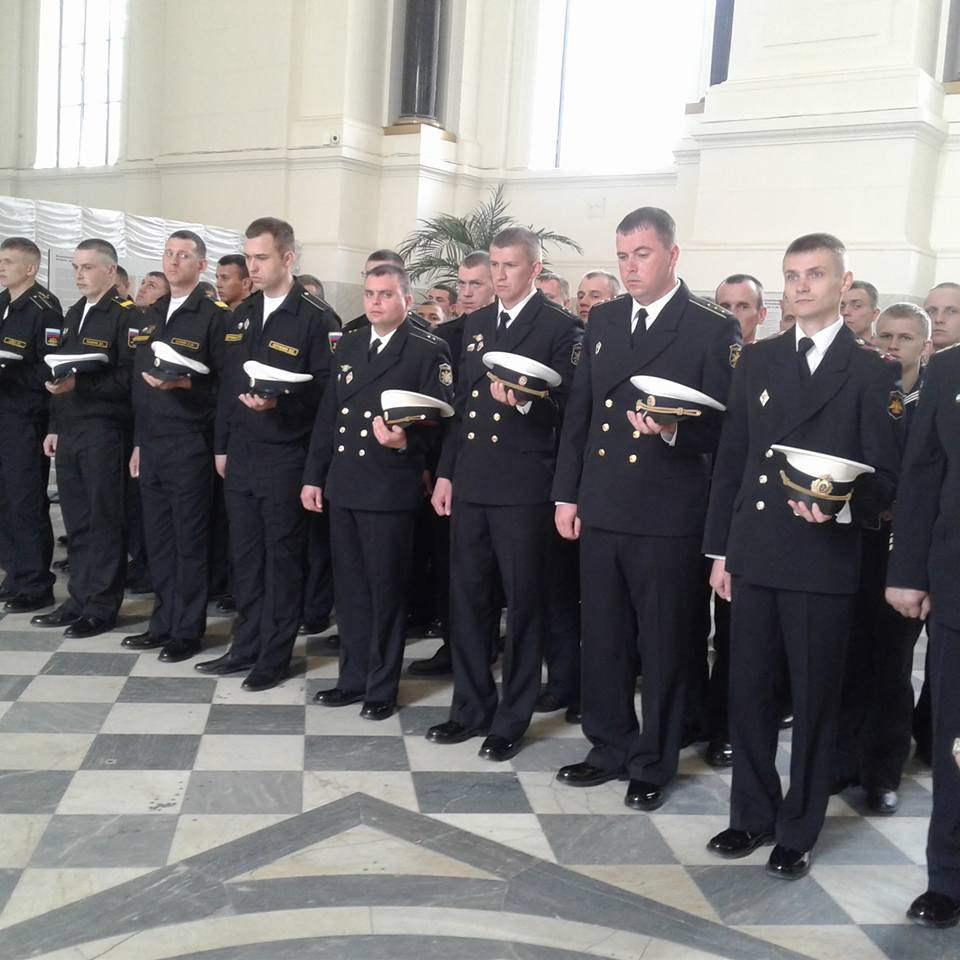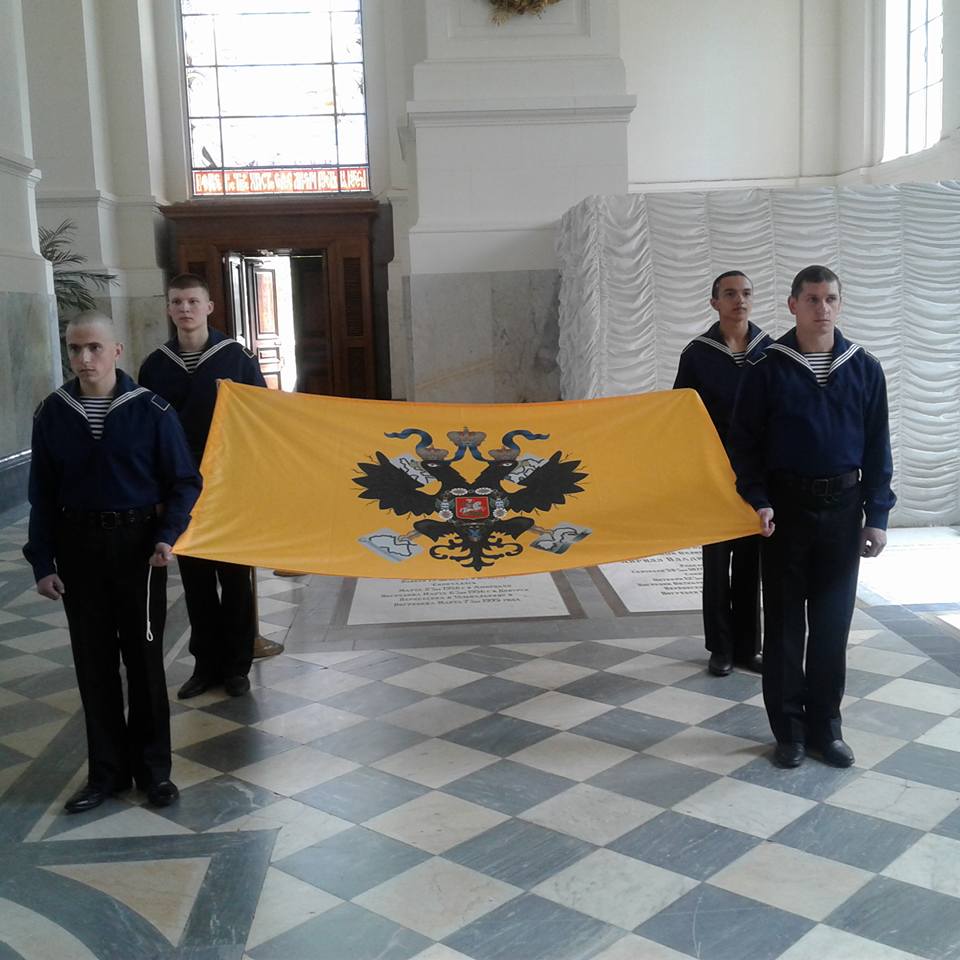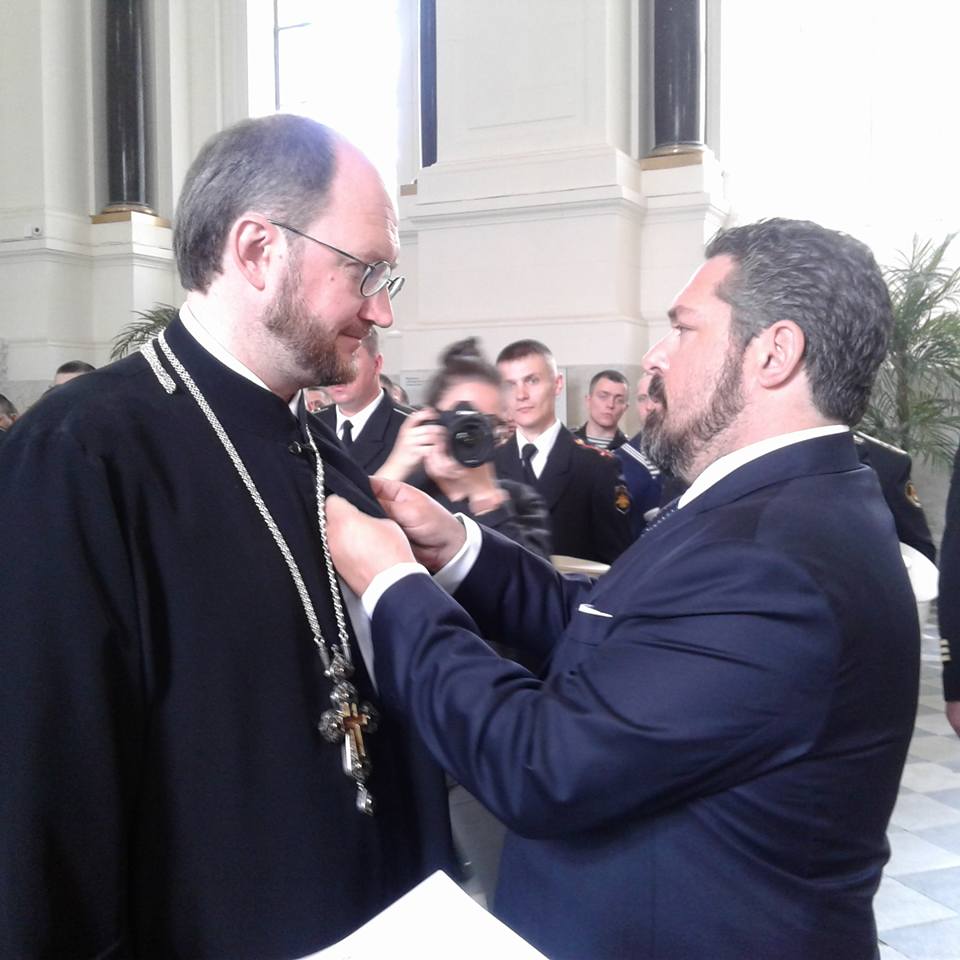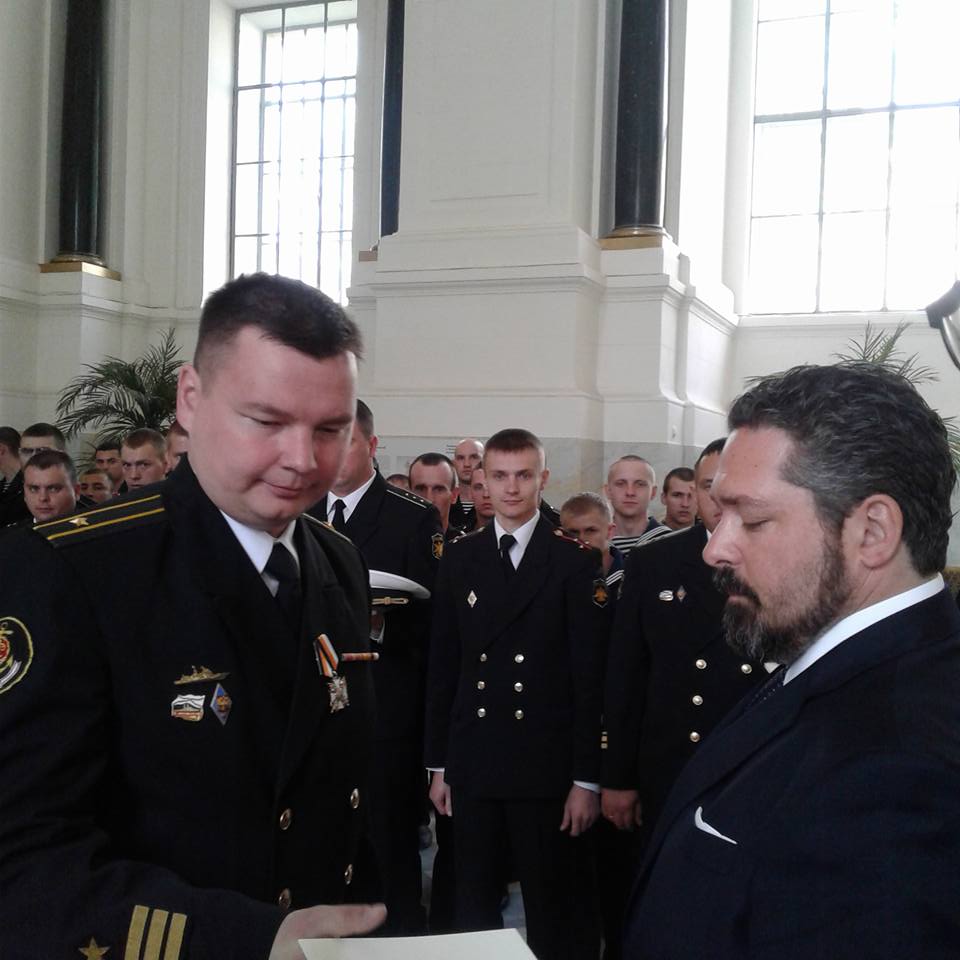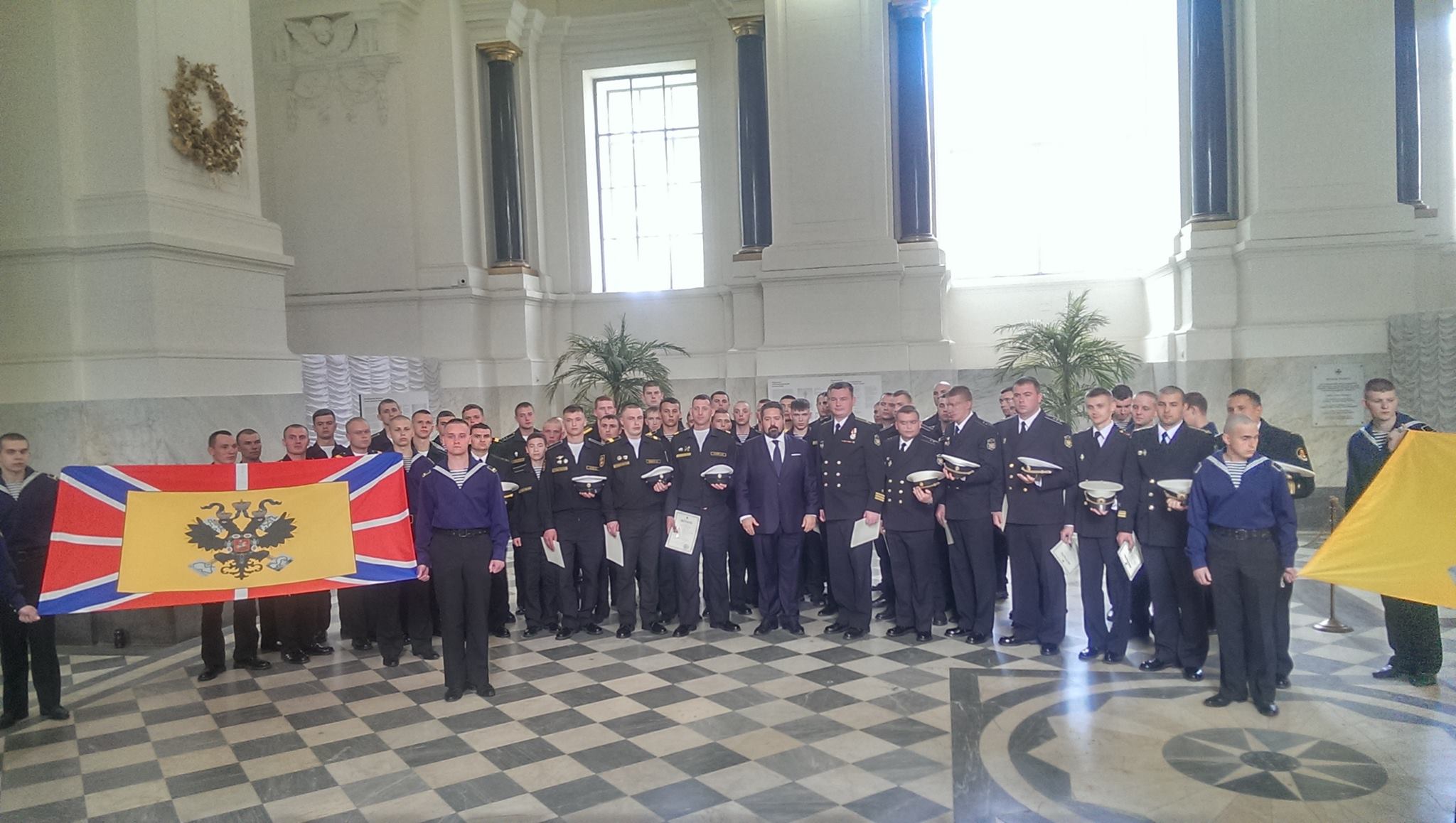An Interview from May 2017 featured in "The Spectator" with Alexander Zakatov, Head of the Chancellery of the Russian Imperial House by author Rachel Bailes. All copyright belongs to The Spectator. A link to the original article is HERE
Restoring the Romanovs
By Rachel Bailes, "The Spectator" May 6, 2017
Since 1992, Maria Vladimirovna, Grand Duchess of Russia, has been Head of the Russian Imperial Family. She is the person who would probably be Tsarina had the monarchy not come to a bloody end in 1917. Alexander Zakatov is the Head of the Chancellery of the Russian Imperial House, the Grand Duchess’ Office. I am meeting with him in Moscow as a representative of the Australian Monarchist League to learn what is next for the Romanov dynasty in 2017, one hundred years after the revolution.
Once we’ve sat down in the grand Metropol hotel, Zakatov tells me he descends from a long line of clergymen. Although that line was broken with the Soviets, ‘religion was retained in my family, as was respect for the monarchy’.
Growing up, Zakatov never liked the reality Communist society presented under the USSR, whereby the country’s 300-year long Romanov history was only ever referenced sarcastically or in hushed tones. ‘In my family, there was a book… with portraits of the last royal family inside. My father would tell me the story of the family… and the tragedy which followed. I felt sympathy for them. They were lifelike characters for me.’
As he grew older, Zakatov discovered the Romanovs’ story had not ended with this event − there were royal heirs in exile all over the world. ‘I learned that there can be something else in history.’
The sense that that which made previous ages great can be restored is strong in some former monarchies that have gone through tumultuous social change. From the 1930s pro-Bourbon Carlism in Spain (which saw the Bourbons restored as a constitutional monarchy in 1978), Bavarian monarchist movements, and the Action Française, which last year celebrated its 117th birthday, calls for the restoration of deposed monarchies in the 20th century have been small but sustained.
For Russia, it took the period of glasnost and perestroika in the 1980s before formal monarchist associations could be established.
Then 14, Zakatov seized the chance to join the ranks. In November 1991, then Head of the Imperial House, Grand Duke Vladimir Kirillovich, was invited to Saint Petersburg by Mayor Anatoly Sobchak for the celebrations of the return of the city to its historical name. Zakatov was there. ‘It was a huge impression for me to see the Tsar alive.’ At age 74, it was the first and last time the Grand Duke laid eyes on his own country.
He died months later and his body returned to Russia to be buried in Saints Peter and Paul Cathedral. Zakatov remembers ‘The square was filled with people: ordinary people. They wanted to see him’.After the burial, Zakatov met the Grand Duchess in Moscow as a 20-year old working in the University of Moscow archives. He asked if he might be of assistance in her own archives. That work led to his official appointment five years later.
The 25 years she has been at the helm have not been without questions from certain quarters. Because of strict rules concerning morganatic (socially ‘mismatched’) marriages, some question the parentage of her mother, Princess Leonida Bagration, who claimed to be descended patrilineally from former Kings of Georgia and Polish aristocracy. They claim Prince Andrew Andreevich Romanov, who is 94 and lives in London, is the rightful Head.
In 2016, a Saint Petersburg lawmaker wrote to both the Grand Duchess and then claimant, Dimitri Romanov, urging them both to return to Russia as soon as possible. ‘There should be only one heir,’ says Zakatov. ‘The law of succession says there cannot be two at the same time. The Imperial House has many relatives, and they are all accorded the same respect, but they cannot be considered to take the throne.’
Such overtures from government members are rare. So how would Zakatov describe the relationship between traditional monarchists and the federal government? ‘Well, there is improvement in that we are not being exiled or executed anymore. A great success!’ He grins. But what of the Imperial House’s relationship with Putin’s administration? ‘It can be described as politely neutral. They do not help, but they do not hinder.’
I am interested to know what relationship Zakatov sees between Putin’s leadership style and the ‘one strong man’ model many attribute to the Russian zeitgeist. What room could there be for new authority figures in a dualistic constitutional monarchy if the people already have their ‘ruler’ in the form of a politician? ‘Every country needs a strong ruler; a strong government. But that is any country − not only Russia.’
When I suggest Russians may not warm to the idea of a dualistic leadership split between a symbolic monarch and a counterbalanced politician, Zakatov reminds me that ‘in the Russian empire, there were elected governments in regions that were really successful − even more useful than the government of today.’
Zakatov is quick to assert they are not seeking the restoration of the monarchy. ‘The people do not accept it.’
He is right: a 2013 All-Russian Center for Public Opinion poll found just 28 per cent of Russians favour a return to Tsarist rule. Surprisingly, almost half of that number believe a future Tsar could be a current politician. ‘It is not possible to go back to the traditional monarchy that existed before 1917. We say the Imperial House should take part in the social life of the country. That’s not a revival of monarchy, it’s just participating in the historical… life of the country. It’s not about political rights, not about privileges, nor restitution of belongings. It is about the historical heritage of the Royal family and formally admitting of this heritage in Russia.’
Zakatov concedes the imperative nature of a popular monarchist spirit, quoting the Grand Duchess: ‘the Imperial House, separated from the idea of monarchism, is like a church without God.’
But he has hope: ‘The idea of monarchism… is related to the social interests of the whole country. It will be alive forever.’
Rachel Bailes is a speech writer and a member of the National Council of the Australian Monarchist League. Again, this piece is full copyright of the author and of "The Spectator" A link to the original article is HERE
